Alex Estrada, who grew up in Austin, Texas, first became interested in Wake Forest due to its picturesque campus and impressive debate team. The impact that Wake Forest had on him, and that he had on Wake Forest, extends far beyond campus aesthetics and debate.
“My time here has been awesome, and I’ve built a lot of lifelong friendships and had a lot of personal development that I don’t think I could find elsewhere.”
A double major in politics and history, Estrada entered college more interested in the former than the latter.
“I always thought that I would be a politics major,” Estrada said. “I have always been kind of a news junkie.”
Once he began taking classes in history, though, the trajectory of his college experience and life began to shift.
“When I got to Wake Forest and I started taking these classes and seeing what history is really about, that became a defining moment intellectually and in terms of what I find valuable in life,” he said.
Now, Estrada researches and approaches history with intensity and an infectious passion. His primary subject of interest, the Ottoman Empire, took him to London twice — once after his sophomore year when he received a grant to do research at the British National Archives and again after he received the Richter scholarship.
“That’s when it kind of clicked for me that history is something I’m really passionate about, and I love doing research and putting together these archival documents,” Estrada said. “I got really nerdy about it. I’d basically loiter around these archives all summer until they would kick me out.”
His eventual thesis, which grew out of the extensive research he conducted abroad, focused on Britain’s response to the Armenian Genocide.
“I’m really interested in the history of the Ottoman Empire, particularly in its last few decades,” Estrada said. “It was a 600-year-old empire in the Middle East, and its decline over the last few centuries was punctuated by acts of ethnic violence and the massacre of minority populations.”
His interests were not limited to history though, and he feels like his major in politics enhanced his ability to interpret and apply the subject matter that he was presented with in his history classes.
“It’s also about your approach to things,” Estrada said. “In history, I’m really interested in political history and the history of international affairs, so that obviously compliments [my politics major] really well. It’s really hard to understand the actual significance of what you’re learning in the politics department without understanding the history, but at the same time, that history is important only insofar as it explains what the present is and possibly what the future might look like.”
Next year, Estrada will head to University of Chicago, where he will pursue a graduate degree in Middle Eastern Studies. He hopes that the program will give him a broader understanding of Middle Eastern politics, and he hopes to learn Arabic.
Eventually, Estrada wants to either work in foreign intelligence or pursue a Ph.D. in history.
“I’d really like to have a job where I’m able to do all this very in-depth primary source research, develop an authentic understanding of what I’m studying,” Estrada said. “I love traveling, I want to be abroad…That’s how you learn about the world and different sorts of people.”

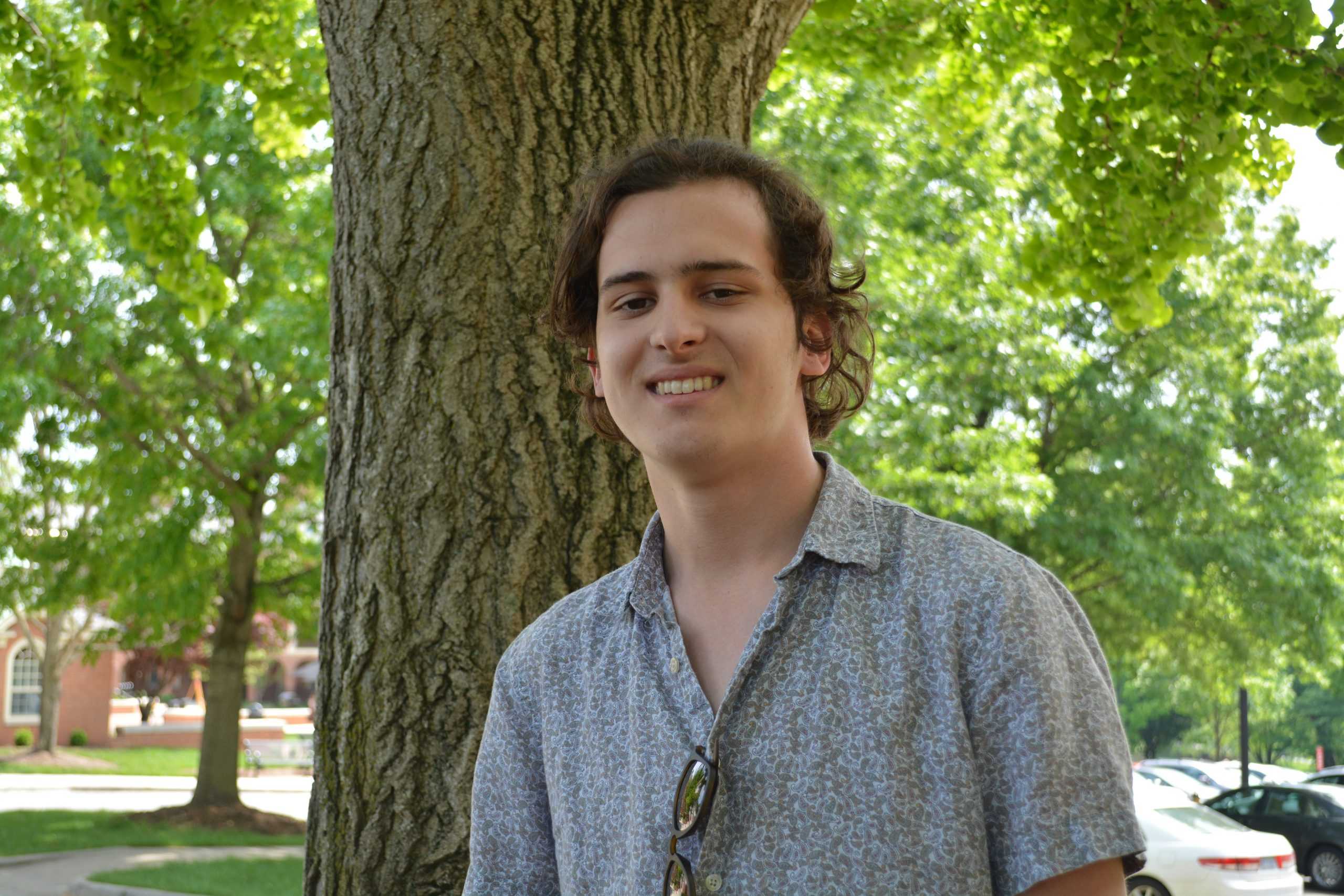
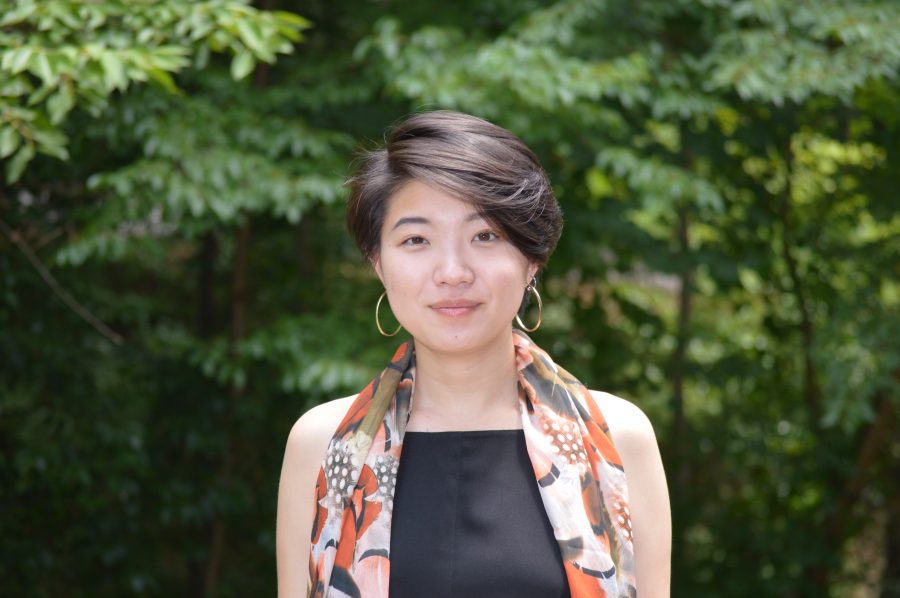
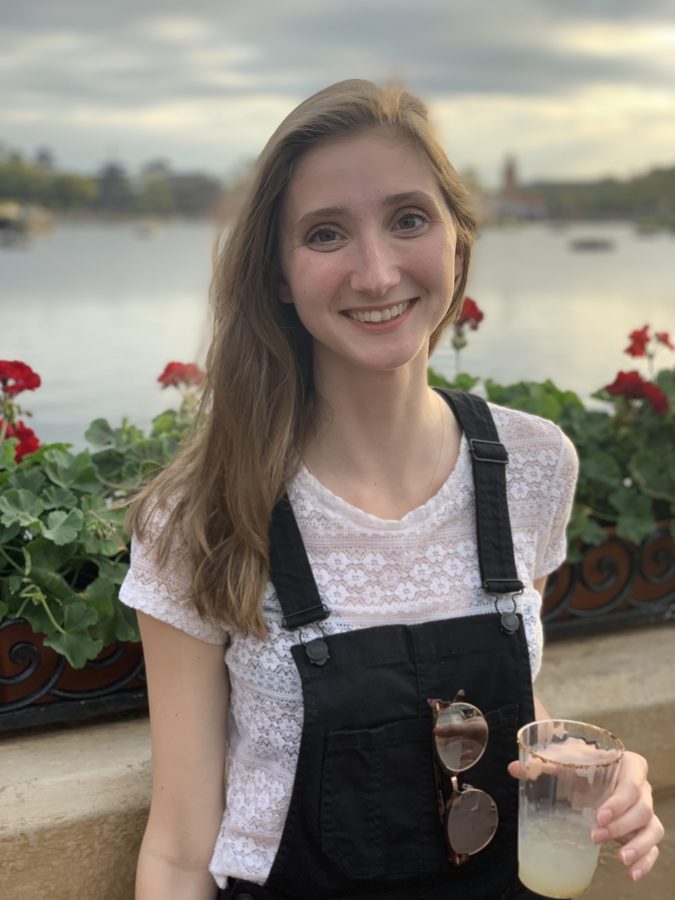
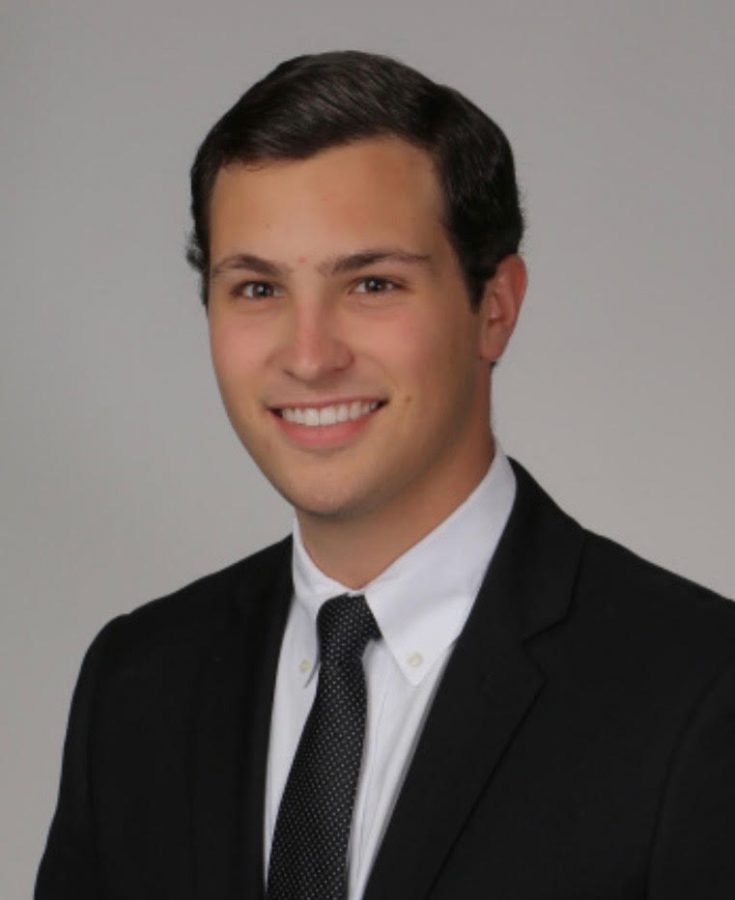
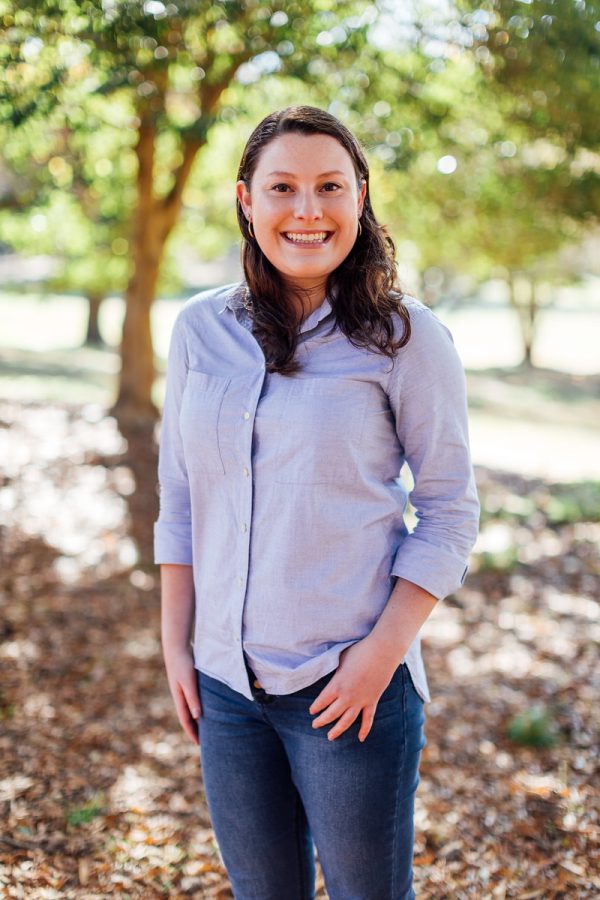
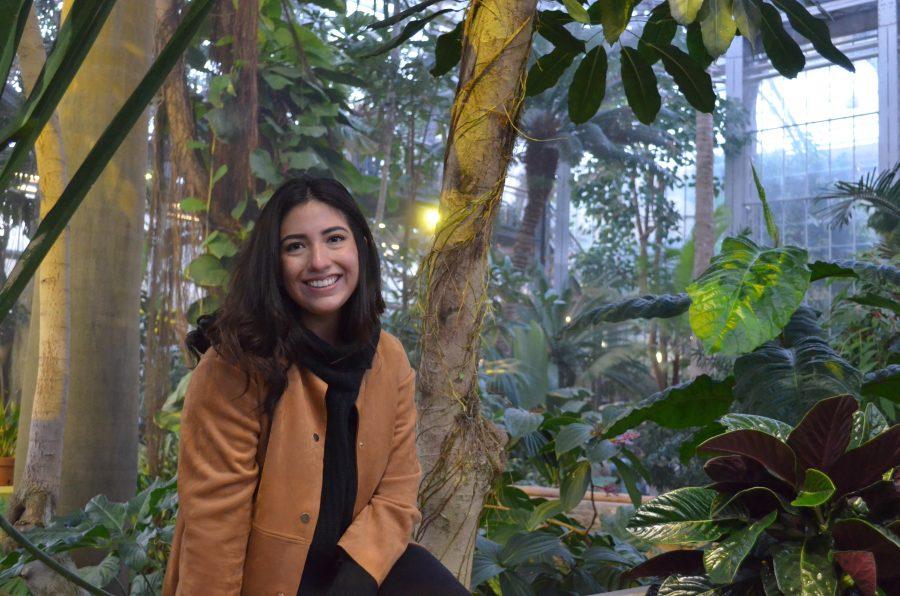

Than Nguyen • May 6, 2019 at 11:16 am
Preservation of valuable historical artifacts is so important and providing proper protection is critical so that future generation can learn more about our history.
Than Nguyen
https://www.protectivepackaging.net